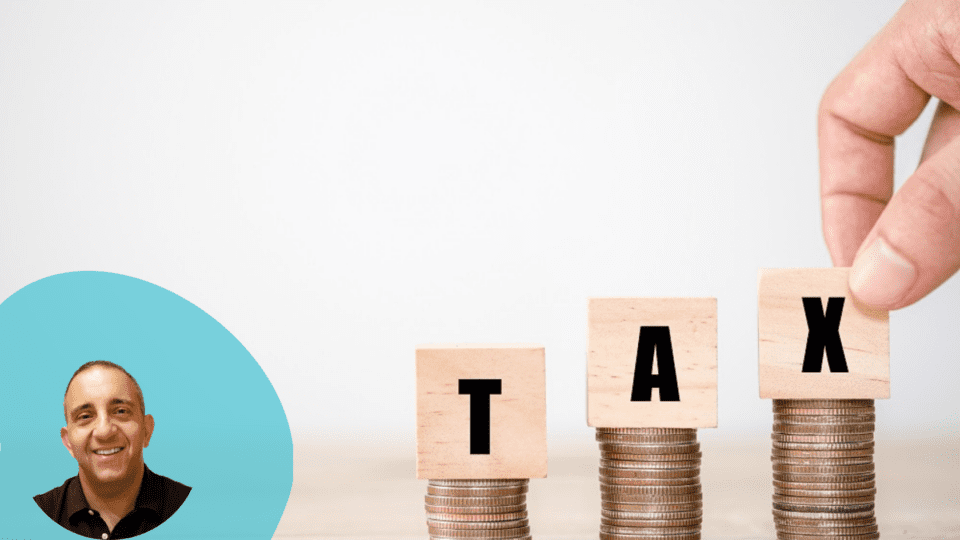It’s rare that sales tax issues make the news, and when they do, it’s generally not great for the seller. Earlier this year, things held to form when media in Massachusetts reported a sales tax calculation error on the Walgreens ecommerce website. The facts as reported support the notion of an honest mistake by the seller, but the story shows the importance of pinpoint tax accuracy, especially in the retail sector.
What Happened?
The story goes that back in December 2023, an average citizen (who refers to himself as MrConsumer) spotted a bargain on Royal Dansk Butter Cookies (the ones that come in the round metal tin) and ordered themselves a 10-pack for the total price of $25.50 (after a $4.50 retailer discount). To their surprise, Walgreens charged $7.29 in sales tax. So, while Walgreens properly reduced the taxable amount by the value of the discount and properly rounded the second decimal up by a penny, they misapplied the Massachusetts rule for food for immediate consumption.
After MrConsumer was inadvertently charged tax at checkout, he details a series of confusing conversations with Walgreens’s staff about how sales tax works and his eligibility for a refund. Ultimately, Walgreens made MrConsumer more than whole by giving him a substantial gift card. More importantly, Walgreens quickly fixed the tax error. If you order that same tin online today (now $69.90 for a 10-pack), tax is properly exempted.
How Food is Taxed in Massachusetts
In Massachusetts, “food products for human consumption” are exempt from sales tax. The definition of what constitutes “food” includes most things, even candy and soft drinks. It excludes alcoholic beverages, food items with marijuana, dietary supplements and “meals.” The term “meals” is defined by law as food sold by an eating establishment, either for on-premises consumption or on a “to-go” basis. Locations like grocery stores, delicatessens, bakeries and convenience stores can sometimes be classified as an eating establishment and must charge sales tax on certain prepared food items. For example, a bakery must charge sales tax when they sell baked goods in packs of less than six.
While Massachusetts does not generally have local-level sales tax, many Massachusetts cities impose a local option meals excise tax. While not every Massachusetts city does this, when they do, the rate is always 0.75%. Only “restaurants” and stores with a “restaurant part” need to collect local meals tax.
What Walgreens likely did was inadvertently apply a tax rule for baked goods sold at a restaurant rather than one for food for human consumption sold by a retail store. Now, since large retailers often apply tax rules within categories of products rather than for individual SKUs, it’s very likely that similar errors exist for other products. Further, since Massachusetts is far from the only state that exempts grocery food but taxes restaurant meals, it’s likely that there were errors in other states as well.
The Moral of the Story
Accurately applying sales tax is incredibly important. For large retailers especially, over-taxing customers could lead to adverse media coverage. In just the last year, Walgreens received additional unwanted media attention on how it charged tax on toilet paper in Pennsylvania.
It could be worse, though. Class Action attorneys are always looking for retailers over-applying sales tax. While the damages to any one taxpayer are very small, the aggregate harm for applying tax incorrectly in many locations for multiple products for a long period of time can be substantial. Back in 2020, Walgreens was sued in class action for improperly taxing protective face masks in Pennsylvania. Costco faced similar litigation relating to toilet paper in New Jersey.
On the flip side of the equation, companies that charge too little tax are subject to Qui Tam/False Claims litigation, where a private party sues on behalf of the government for revenue losses associated with under collection. A few years back, an attorney sued several wineries for allegedly not collecting sales tax on shipping charges in Illinois.
Before an honest mistake spirals out of control, sellers must be prepared to respond. Frontline customer service staff should have a reasonable understanding of sales tax. At a minimum, they should know not to supply false or inaccurate information. More importantly, they should know when to bring the question to a tax expert.
When you find a mistake, fixing it immediately and comprehensively is paramount. This only starts with checking whether the product in question is being taxed correctly, but must also include checking similar products across the country. Even better, retailers would be well served, even in the absence of customer complaints, to review their taxability rules periodically to make sure that errors have not crept into their processes.
As VP, Regulatory Analysis and Design at Sovos, Charles Maniace lives and breathes tax. For him, job No. 1 is ensuring Sovos customers remain fully compliant as rates, rules and requirements change around them. When he signed up to become an indirect tax expert nearly 20 years ago, he had no preconceived notions about his work garnering significant public attention. Today, Maniace is a respected industry voice routinely appearing in publications such as the Wall Street Journal, Forbes and Bloomberg. He has been listed among Accounting Today’s Top 100 Most Influential people for four years. Being an avid traveler and craft beer enthusiast, he enjoys nothing more than visiting Sovos offices around the world and sampling the local brewery offerings.




